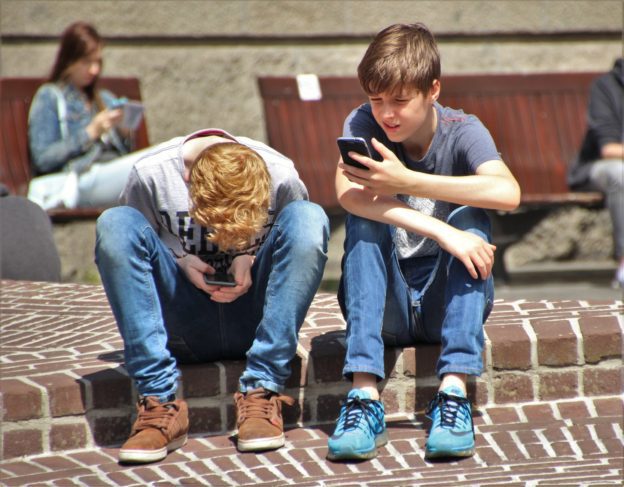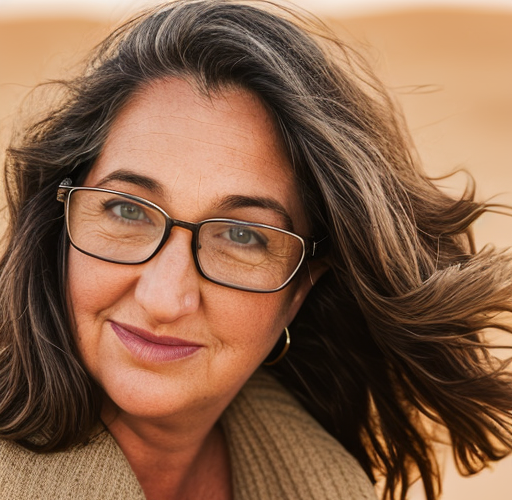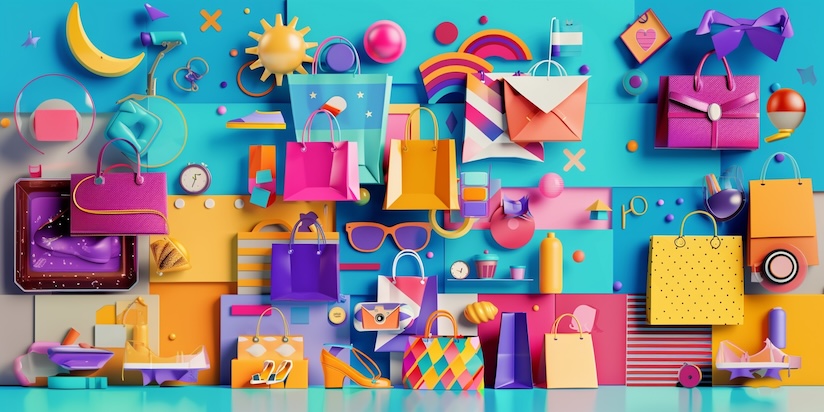Former Friend Becomes The Mean Kid
Kids can be mean. My son came home from school and couldn’t focus on his homework. I could tell that something was bothering him. Mom’s intuition helped me hear the nuances in his tone, see the twist in his facial expression and feel the quiver in his voice. It was clear that something was on his mind. As I turned towards him to give him a hug, he melted into my arms. “I’ve had the worst day, mom,” he said. It was on that day that my story about the friendship box came into being.
In a nutshell, my son was conflicted and confused about someone he calls a friend. What used to be a healthy friendship has become a bit toxic. I’ve seen this before with my other children. As kids age and enter middle school, they become similar to their parents and that’s not always a good thing. My son felt talked down to, labeled, criticized and dismissed. He’s doesn’t understand why his friend would treat him this way.
Friendships Change Through Life
When children are younger their lives are so simple and so are their friendships. Swimming in a small pool, playing dinosaurs or throwing a ball outside define the friendship. If you like the activity then you’re a friend. As children age, especially when puberty hits, the dynamics between these same friends get more complicated.
How do you address this change? How do you help your child when the nice kid who liked to play dinosaurs becomes a mean kid? During elementary school you can call up the other mom and say “hey Jack’s being mean to John.” During middle school when their personalities further develop and peer puberty kicks in, the dynamics of friendship also change. Do you force your child to still be friends with the same people simply because they grew up together? Each young adult has to learn how to navigate and interact with others. Life is no longer about sharing a toy or snack.
At this moment, I had to teach my child about quality friendships. I’m still learning myself so I winged it.
Quality Friendships and The Friendship Box
I pointed to three shelves in my kitchen. “See these shelves?” I said. “There are invisible friendship boxes on each shelf. The one closest to me, the bottom shelf, holds my closest and dearest friends. These are the people who I trust with my heart, my insecurities, my fears and my dreams. Some of the friendships in those boxes were developed when I was only 10 years old and some of them are more recent. They all have one thing in common and that the love, respect and trust within those friendships. None of them have belittled me, made me feel unworthy or have been intentionally unkind. There are a handful of boxes on my first shelf.”
I continued: “The second shelf is a bit further away from me. This shelf also contains friendship boxes. I may see these people weekly, talk to them daily and socialize with them on an ongoing basis. Perhaps they know some things about me, and I may even enjoy their company from time-to-time, but they don’t have access to the real me. Sometimes I put those friendship boxes on the second shelf for a reason. Perhaps when I first became friends with them I thought they were first-shelf friends, but then, as I got to know them, I understood that this was not the case. These friendship boxes are there for a reason, I do not have them on my first shelf and they don’t have me on theirs, and that’s OK.”
He stood a bit taller.
“The third shelf is for other friendships. They are still my friends, but are of the more casual nature. Maybe I see those friends at a BBQ once a year, maybe I wave to them at a neighborhood function or maybe I don’t interact with them at all, but I am friendly and open when I see them. The difference in the third shelf is that sometimes they get dusty and I have to reconnect to brush the dust off, but there’s no expectation and no problem doing so. Some of these friendship boxes are people I really like but just haven’t gotten to know yet. Some of these friendship boxes are people I know and prefer not to get close to. It doesn’t matter why they are on the third shelf, it only matters that I am kind when I see them and understand the level of that friendship.”
His face brightened as he started to understand my main message.
“Do you know what son? When a second shelf or third shelf friend says something to upset me, I laugh it off. It’s just noise. If a first shelf friend was unkind, it would hurt me, but guess what….they never do. They are good and kind and true and real.”
The Reason Friends Hurt Us
“Here’s why you are upset. You thought that this friend was on your first shelf and he is not. Maybe you wanted him to be on your first shelf, but his box belongs on the second shelf and you cannot expect him to offer you anything else but a casual friendship. It hurts because you don’t understand why a first shelf friendship would hurt you so, but it is really quite simple….you have to shrug it off because he’s not on your first shelf and never will be. Put him on the second shelf, smile and laugh when you see him and then spend more time with your close friends. Never let them get dusty.”
A Healing Moment
Another big hug from my boy and some laughter. Awareness and comprehension filled his face. All friends are not created equal and that’s perfectly acceptable. He understood that he didn’t need to internalize or be offended by his friend’s behavior because it just didn’t matter. We then pretended to create boxes and put them on his friendship shelves. Then we tore through his homework with a renewed vigor.
I love my boy. I hope he remembers these talks as he becomes a man so he can navigate the complexity of human relationships. It’s easier said than done. The talk helped me also, I reminded myself that I don’t have to let the noise bother me. A smile, a kind word and a focus on what’s truly important in life is all any of us need.





Leave a Reply